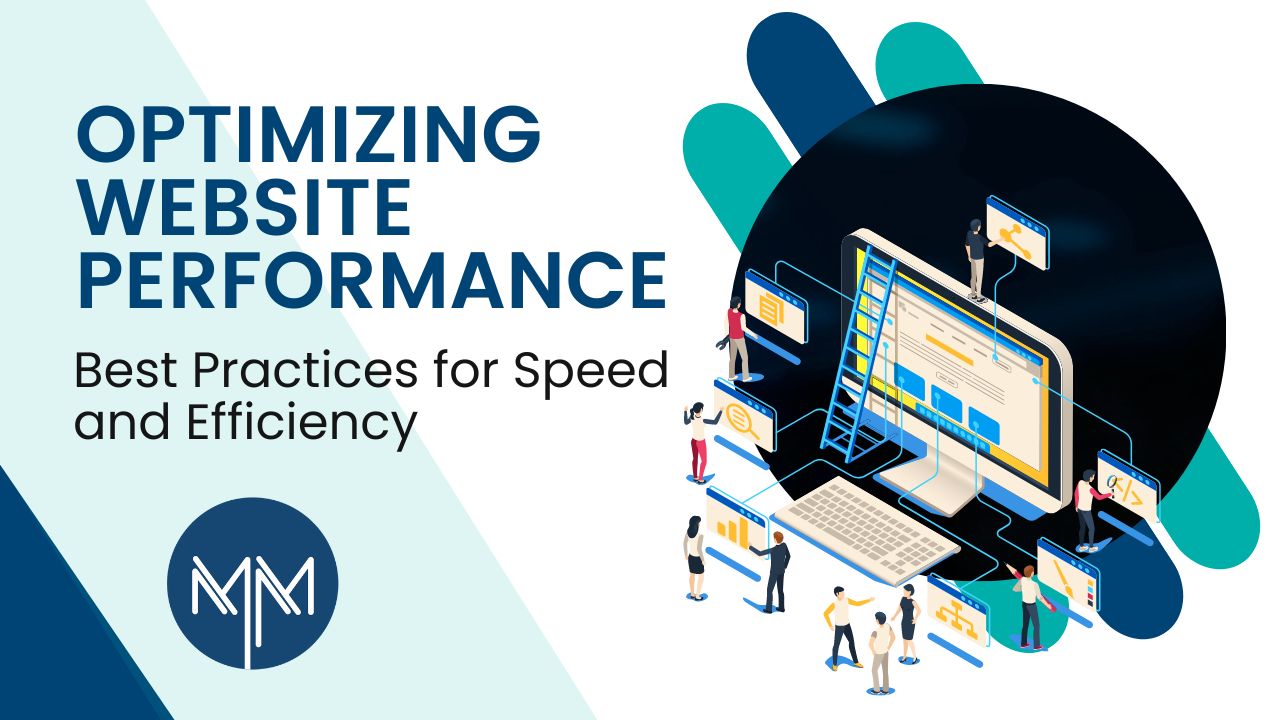News Blast
Your daily source for the latest news and insights.
Speed Demons: Turbocharge Your Website Performance
Unleash lightning-fast website speed! Discover top tips to turbocharge your performance and leave your competition in the dust.
5 Essential Techniques to Turbocharge Your Website Performance
In today's digital landscape, ensuring that your website performs at its best is crucial for both user experience and SEO. Here are 5 essential techniques you can implement to turbocharge your website performance:
- Optimize Images: Large images can significantly slow down your site. Use tools to compress images without sacrificing quality, and utilize the correct file formats (like WebP) to enhance loading speeds.
- Leverage Browser Caching: Enable caching to store frequently accessed resources in your users' browsers. This reduces load times for returning visitors.
Continuing with our list, here are three more strategies to supercharge your website's speed:
- Minimize HTTP Requests: Combining multiple CSS and JavaScript files into single files can decrease the number of requests needed to load your site, thus improving speed.
- Utilize a Content Delivery Network (CDN): A CDN can help deliver your site’s content from servers closer to your users, reducing latency and increasing loading speeds.
- Implement Lazy Loading: This technique delays the loading of images and videos until they are in the viewport. It ensures that your site loads faster by only loading the content that is immediately visible to the user.

Why Website Speed Matters: Key Factors Affecting Loading Times
Website speed is a critical factor that influences user experience, search engine rankings, and conversion rates. Studies show that fast loading times lead to higher engagement, as users are less likely to abandon a site that loads quickly. Conversely, even a one-second delay can result in significant drops in page views and revenue. Additionally, Google has indicated that site speed is a ranking factor, meaning that websites optimized for speed are more likely to appear higher in search engine results pages (SERPs). This highlights the importance of prioritizing website performance in any digital marketing strategy.
Several key factors can affect loading times, including image sizes, server response time, and the use of caching techniques. Large image files can drastically slow down a website, making it crucial to optimize images for the web by compressing them and utilizing the appropriate formats. Moreover, the server response time must be minimized; a slow server will delay data transmission to users. Implementing caching strategies can also help improve loading times by storing frequently accessed information, thus reducing the need for repeated data fetching. By paying attention to these factors, website owners can significantly enhance their site's performance and user satisfaction.
How to Measure and Improve Your Website's Performance
Measuring your website's performance is crucial for understanding how effectively it serves your users and achieves your business goals. Start by using tools like Google Analytics and Google Search Console to track key metrics such as page load speed, bounce rates, and conversion rates. You should also monitor mobile responsiveness and user engagement metrics. Set up goal tracking to measure specific actions you want users to complete, such as newsletter sign-ups or product purchases. Analyzing these metrics allows you to identify trends, strengths, and areas for improvement.
Once you have a clear picture of your website's performance, it's time to implement improvements. Optimize your website's loading speed by leveraging browser caching, compressing images, and minimizing HTTP requests. Additionally, make sure your content is SEO-friendly by using relevant keywords and maintaining a clear site structure. Regularly updating your content can also enhance user experience and boost your rankings in search engine results. Most importantly, conduct A/B testing on key pages to see which elements perform best with your audience. This iterative process will help you continuously enhance your site's performance.